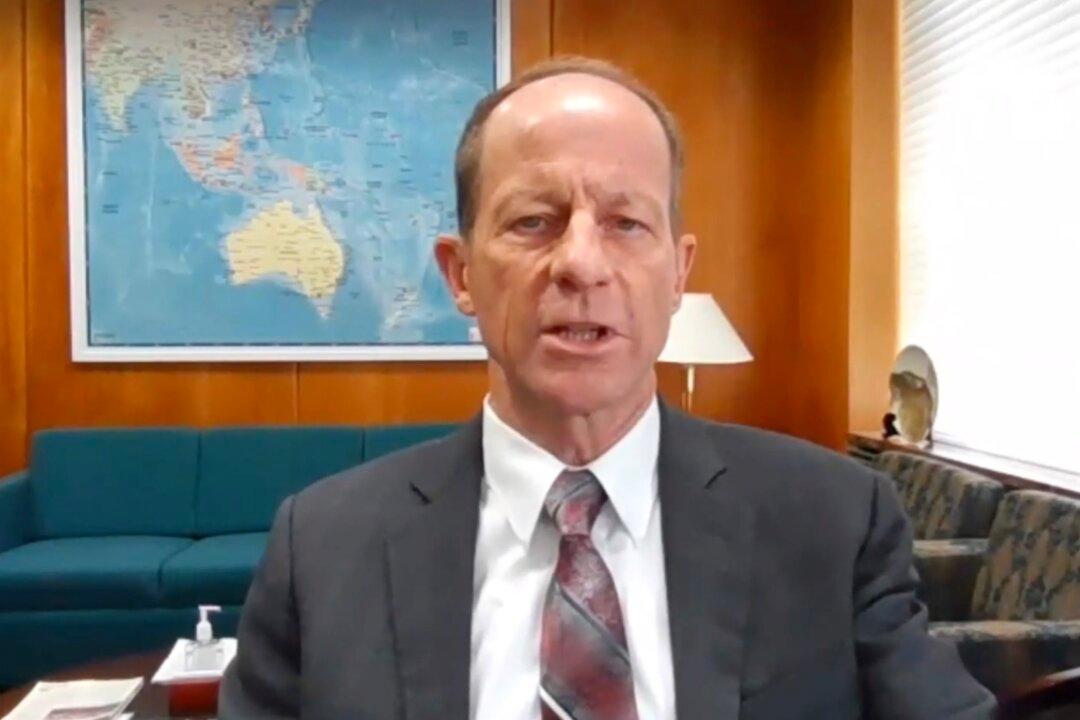It’s time to stop the World Bank from giving loans to China, said Sen. Chuck Grassley (R-Iowa), who has introduced legislation to block the organization from issuing more funding to the world’s second-largest economy.
As the United States is the largest contributor to the World Bank, it’s all the more important to ensure that U.S. taxpayer dollars aren’t funding Beijing’s abuses of human rights, Grassley said at a recent event sponsored by the Victims of Communism Memorial Foundation, a nonprofit organization established by Congress under the Clinton administration.




